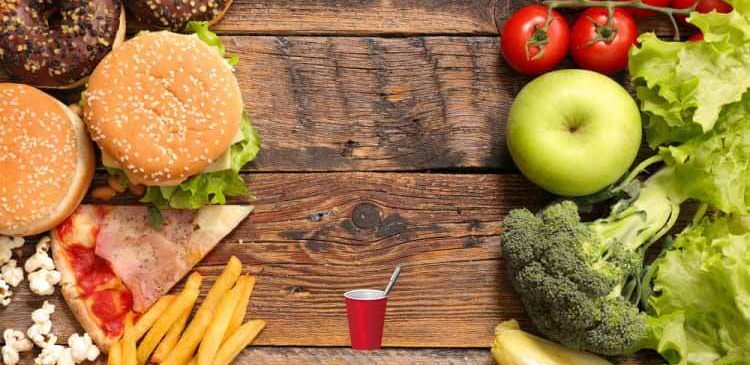Couples Counseling
Why a Flexible Dieting Approach Will Be More Sustainable in the Long Run

It is interesting how hearing the word diet can bring about different reactions from several people. Some would associate it to the act of eating healthy food, while others would think of it as calorie restricting. At its core, diet refers to the types of food that you eat, but this word is often linked to weight loss. When a person says that he or she is on a diet, it is almost always presumed that this means he or she is sticking to a strict meal plan to lose weight. However, going on a restricted diet can be unsustainable in the long run, especially since you are not sure what will happen once you start eating “normally” again.
To remedy the common problem involved with most diets, the concept of flexible dieting has recently emerged and gained more traction among the public. You may be wondering, what is flexible dieting, and how does it differ from the typical notion of dieting? Flexible dieting, as its name suggests, is a health approach that involves counting macros, rather than calories, helping you reach your fitness goals. It is meant to address the same goals as a normal diet, but is designed to “not feel like you are on a diet.”
Indeed, flexible dieting may sound counterintuitive, but once you learn more about it, you will see why it can be more sustainable in the long run. To help you learn more about what is flexible dieting, here is some information about it.
Lifestyle, Not Diet
Before anything else, one of the most important things to remember about flexible dieting is that despite its name, it is not actually a diet, but a lifestyle. Rather than restricting your calories or food groups, you instead look at your macros intake to see if you are getting enough nutrients each day. You can do this by calculating your calorie and macronutrient needs to achieve your body composition goal.
In the long run, flexible dieting can help improve your relationship with food. With this approach, you will not be too fixated on everything you eat, but instead, try to look for food that fits your lifestyle. Indeed, it is called flexible for a reason since you do not have to stick to hard or strict rules and can work around it to find what method works best.
Long-Term, Not Short-Term
Most of the common diets that are familiar to people are said to generate quick results, but these tend to be band-aid solutions. Flexible dieting focuses more on creating long-term, rather than short-term results. Though you may have to calculate your macros or calories at the beginning, the purpose is to help you adjust to the lifestyle change. In the long run, you will not need to do this anymore as your body will be more mindful of your food choices.
One of the common concerns about going on a diet is sustainability, or how long the results will last once a person gets off the diet. Many people have seen successful results from diets, but only a tiny percentage is able to keep the weight off after they achieve their desired results. With flexible dieting, you will not have such concerns since you are essentially changing the way you think about food. Naturally, you still need to put in the effort by learning about the macros you need and being more mindful about the content of the food you eat. However, the fact that it is not restrictive will prevent the possibility of getting psychological problems.





